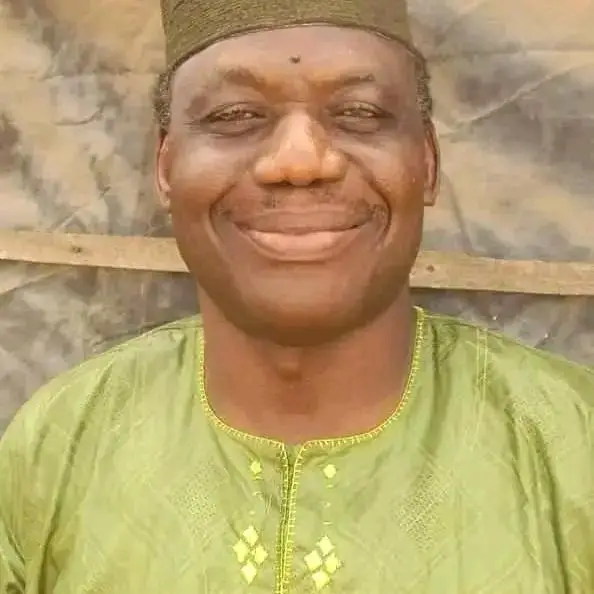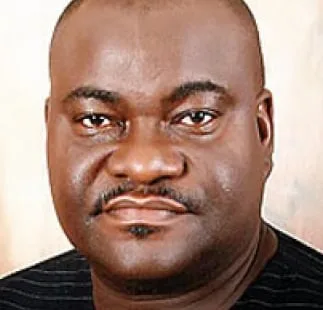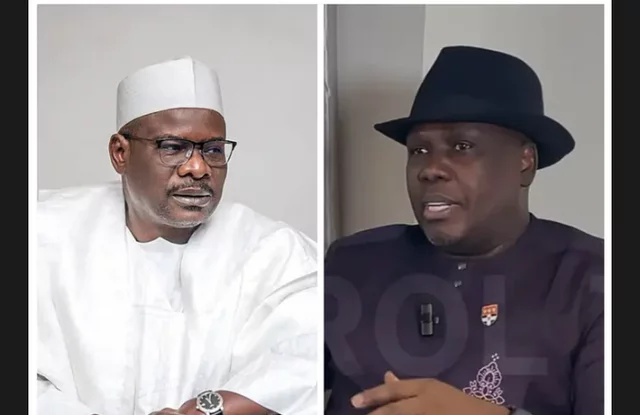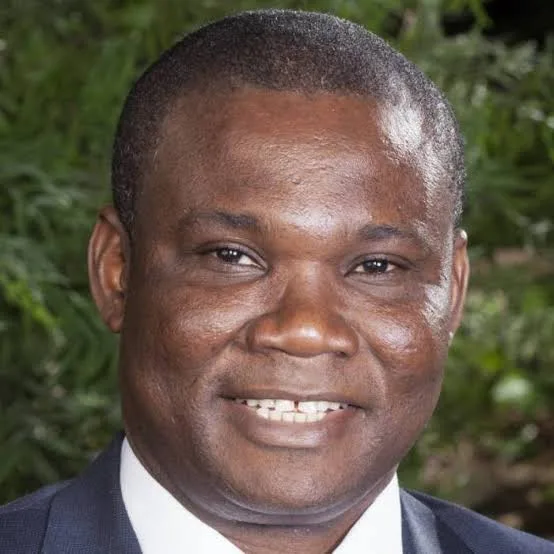An associate of former Vice President Atiku Abubakar has revealed that his principal is willing to work with the Labour Party’s 2023 presidential candidate, Peter Obi, in a bid to unseat President Bola Tinubu in the 2027 general elections.Atiku, who emerged second in the 2023 presidential election with 6,984,520 votes, has consistently expressed his resolve to lead a formidable opposition capable of challenging the All Progressives Congress in the next electoral cycle.President Tinubu’s path to a second term appears increasingly fraught, with mounting opposition not only from rival parties but also from disenchanted figures within the APC.Notable among these are former Attorney General Abubakar Malami and ex-Secretary to the Government of the Federation, Babachir Lawal.
Also, former Kaduna State Governor Nasir El-Rufai recently renounced his APC membership, criticised the Tinubu administration, and joined the Social Democratic Party.He has since called on like-minded Nigerians to unite in ousting the APC in 2027.El-Rufai’s move has sparked fresh speculation of a broad political realignment, with sources close to Atiku suggesting that behind-the-scenes coalition talks are gaining momentum.Speaking exclusively to The PUNCH, an associate of Atiku who pleaded anonymity because “It is too early to reveal much for now,” said the two opposition figures, having realised that they need each other to realise their dream of good governance in the country, have resolved to work together.“There is no doubt that they have learned their lessons and are ready to work together. They now realise that to defeat Tinubu, they cannot go it alone,” the source said.“Data from the 2023 election shows Atiku won in 12 states with over six million votes, while Obi claimed 11 states and the Federal Capital Territory.Combined, their votes would have clearly surpassed Tinubu’s eight-plus million. That’s why serious meetings are already ongoing, though quietly.”The source further accused President Tinubu of playing divisive politics, claiming that such tactics contributed to El-Rufai’s defection.“Tinubu is attempting to play the North against the South, assuming he can build a winning coalition. But he’s mistaken — that’s part of why El-Rufai left.”‘LP, PDP can’t defeat Tinubu’But the Director-General of The Progressive Institute, Dr. Lanre Adebayo, has asserted that no opposition party currently possesses the strength or structure to defeat the All Progressives Congress or President Bola Tinubu in the 2027 general elections.Adebayo made the remark on Thursday during a courtesy visit to the National Assembly, where he briefed the Deputy President of the Senate, Senator Jibrin Barau, on the institute’s progress and ongoing activities.
The Progressive Institute is a policy think tank established by the APC to groom young Nigerian leaders and strengthen democratic ideals within the ruling party.“2027 is very close,” Adebayo said. “When you look at the Nigerian political environment now, I don’t think we have a party that can challenge the APC. But we must continue working hard to preserve the leadership God has given us.”He added that the institute’s current efforts are focused on taking stock of the APC’s performance over the last two years, as part of a national project to ensure the party remains strong and resilient.“We are working under the leadership of Senator Jibrin to ensure that the APC continues to lead and set the direction for the country’s future,” he said.In his remarks, Deputy Senate President Jibrin Barau expressed satisfaction with the institute’s progress and lauded the innovative direction being championed by the party’s leadership.
NNPP, ADC on coalition Meanwhile, the New Nigeria People’s Party has declared its openness to a coalition aimed at ending Tinubu’s presidency in 2027.However, it insisted any alliance must align with its vision for good governance.Speaking to The PUNCH, NNPP’s National Publicity Secretary, Ladipo Johnson, revealed that the party had championed coalition talks since after the 2023 elections.“From the beginning, we said we are open to discussions with individuals and political parties toward 2027. That remains our position,” Johnson said.However, he emphasised that while the NNPP is open to partnerships, it would not accept a merger that strips the party of its identity.“Nigerians will soon hear more about our engagements. We remain NNPP. All options are on the table, but we won’t lose our identity.”Johnson also signaled that the party would begin publicly assessing the Tinubu administration after it marks two years in office on May 29.Similarly, the National Chairman of the African Democratic Congress, Ralph Nwosu, welcomed coalition efforts, stressing that integrity and values must guide any alliance.“Any coalition rooted in dignity, integrity, and inclusion is worth supporting.
If this proposed coalition aligns with those ideals, ADC will be part of it,” he said.Nwosu criticised the Tinubu administration for promoting division, and also took aim at former Delta State Governor Ifeanyi Okowa for citing “central government benefits” as justification for defecting to the APC.“If this is the kind of democracy our leaders are advocating, it is shameful and irresponsible,” he said. “Elected leaders in developed countries talk development, not politics.”Similarly, the Young Progressive Party expressed interest in a broad-based alliance but warned that it must not simply be a platform for recycled elites.YPP’s National Publicity Secretary, Wale Egbeola-Martins, stated:“The idea of a grand coalition led by Atiku, El-Rufai, or Babachir Lawal acknowledges the need for change. But it must go beyond rebranding old faces.”He urged elder politicians to consider stepping aside for fresh leadership:“Nigerians are yearning for new, competent leaders. If this coalition is to succeed, some of the current figureheads must be ready to jettison personal ambition.”Egbeola-Martins also warned against the risks of growing defections to the APC, arguing that a drift toward a one-party state would undermine democracy.“The wave of defections to APC is concerning. It weakens checks and balances and endangers political pluralism,” he said.
“Our democracy thrives on ideological diversity and a robust opposition.”










